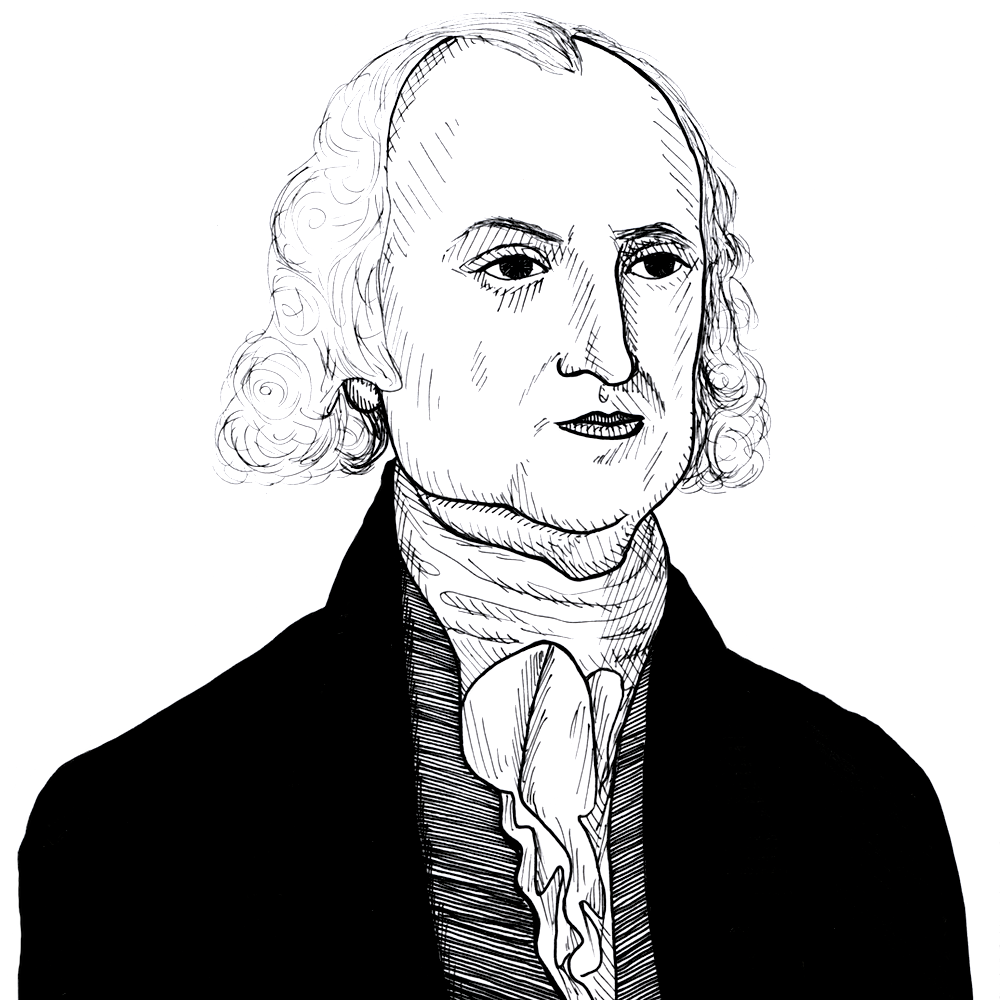
James Madison on the necessity of separating the power of “the sword from the purse” (1793)
Found in: The Pacificus-Helvidius Debates of 1793-1794
In the debate between “Pacificius” (Hamilton) and “Helvidius” ( Madison) on the proper powers of the executive (President) and legislative (Congress) branches of government Madison argued that the traditional “monarchical” powers of declaring and waging war had been separated in the American republic:
War & Peace
A declaration that there shall be war, is not an execution of laws: it does not suppose preexisting laws to be executed: it is not in any respect, an act merely executive. It is, on the contrary, one of the most deliberative acts that can be performed; and when performed, has the effect of repealing all the laws operating in a state of peace, so far as they are inconsistent with a state of war: and of enacting as a rule for the executive, a new code adapted to the relation between the society and its foreign enemy….
Those who are to conduct a war cannot in the nature of things, be proper or safe judges, whether a war ought to be commenced, continued, or concluded. They are barred from the latter functions by a great principle in free government, analogous to that which separates the sword from the purse, or the power of executing from the power of enacting laws.